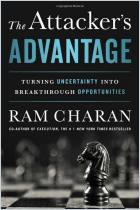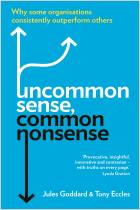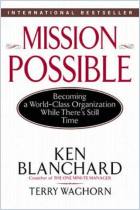Зарегистрируйтесь на getAbstract, чтобы получить доступ к этому краткому изложению.

Зарегистрируйтесь на getAbstract, чтобы получить доступ к этому краткому изложению.
Jason Fox
How to Lead a Quest
A Handbook for Pioneering Executives
Wiley, 2016
Что внутри?
“Motivation design” consultant Jason Fox shows how to balance everyday, quick-fix thinking with long-term strategy.
Recommendation
The future is an uncertain, complex place full of unknown dangers and opportunities. Traveling there, says “motivation design” consultant Jason Fox, is like undertaking the heroic quests of myth and legend. You won’t be hunting the lost ark or a dragon’s hoard – the prize is your organization’s continued relevance in a world of constant change and sudden disruption. Fox’s manual teaches you how to imagine a multitude of possible futures and prepare for any of them. In detail, Fox shows how to brainstorm visions of the future, test your hypotheses about what’s to come and cultivate your colleagues’ pioneer spirit. And especially if you like whimsy, you may have some fun with this book: It’s full of quirky drawings, and Fox replaces the usual jargon with attention-getting coinages like “the Inevitable Kraken of Doom.” getAbstract recommends Fox’s unique approach to the self-employed, entrepreneurs and executives seeking to be ready for the future.
Summary
About the Author
“Motivational design specialist,” conference speaker and consultant Dr. Jason Fox also wrote The Game Changer.


















Comment on this summary